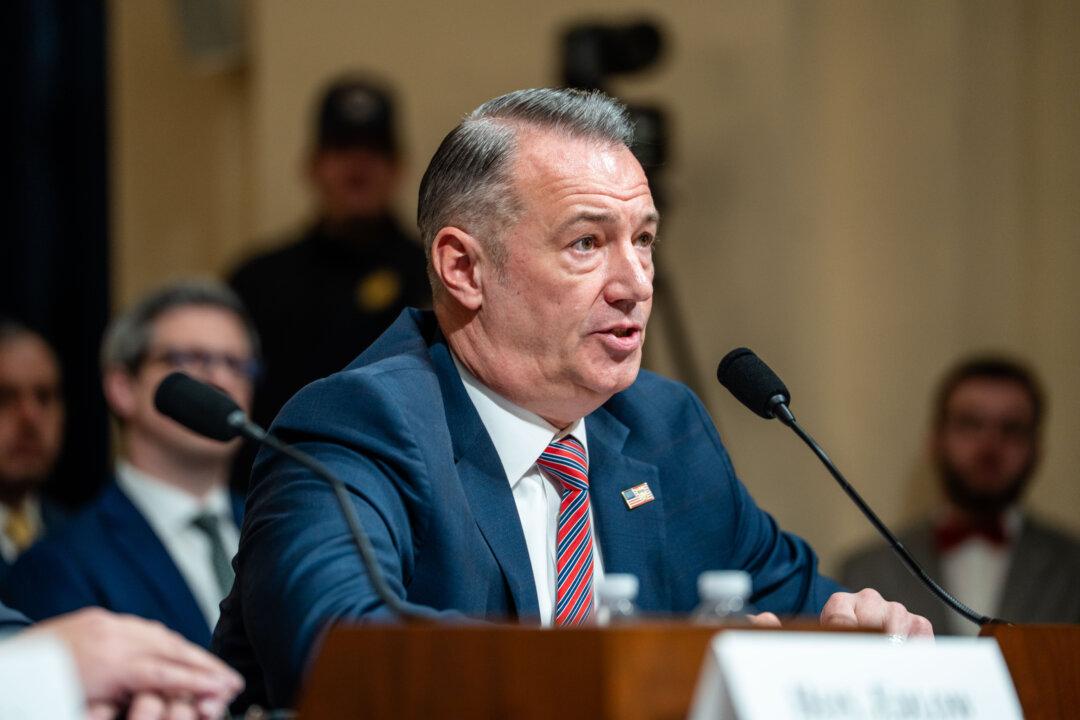California Gov. Gavin Newsom continued his campaign to create a new tax for oil companies Oct. 25, targeting Valero for increasing its earnings during a time when the state’s consumers paid record prices at the pump.
The Texas-based oil company released its third-quarter earnings report showing a net income earning of $2.8 billion from July to September, up from $463 million for the same time last year.





